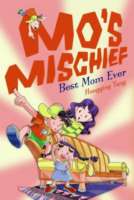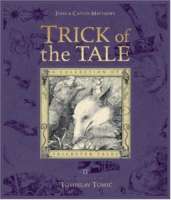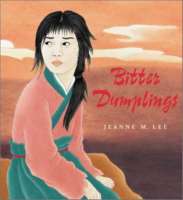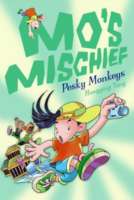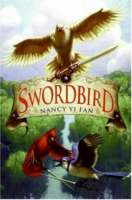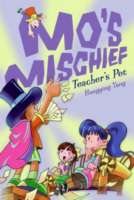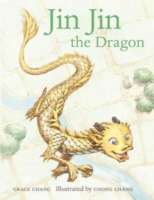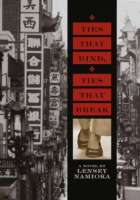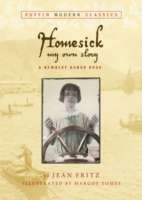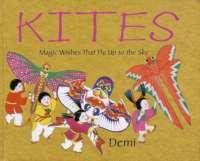
With the signature style and extraordinary artistry that have won her a loyal following, Demi tells the story of how kites came to be. Long ago in China, holy painters would paint the townspeople’s wishes on paper to be left in temples for the gods to see and grant. But one day, an impatient mother who wanted her son to grow up strong and wise, had a holy painter paint a dragon, the symbol of strength and wisdom, on a kite. She then flew the kite up to the heavens where the gods lived so they would see the wish sooner and grant it more quickly. Kites also explains the significance of different kinds of kite symbols, provides information about kite festivals celebrated around the world, and gives clear, kid-friendly directions for making and painting kites. Demi combines, beautiful artwork, an easy story-telling style, and good solid information about one of the world’s most popular hobbies.
